#senegal
Explore tagged Tumblr posts
Photo

"Swimming in Crimson" - Two boys contrast against the surreal red of Lake Retba, a natural marvel in Senegal known for its vivid hue.
2K notes
·
View notes
Text


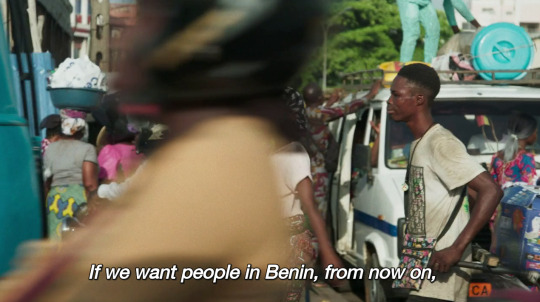



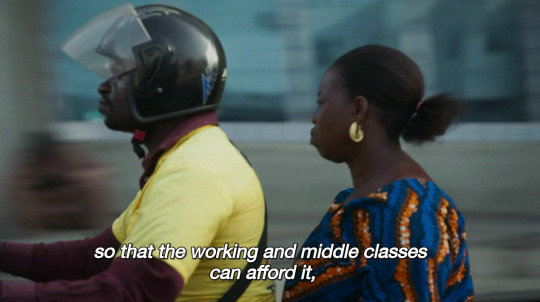


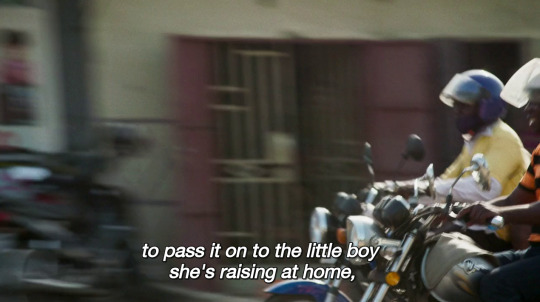
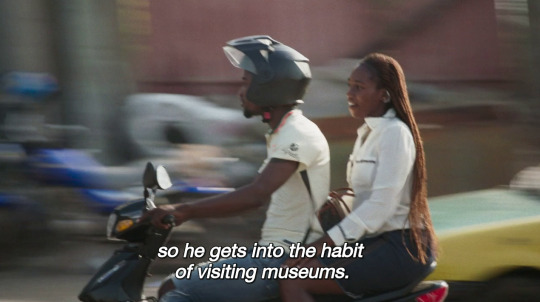
Dahomey (2024) 🇧🇯🇸🇳 a documentary by Mati Diop
1K notes
·
View notes
Text

Don’t shake hands with this baby! To mark its territory and improve its grip, the Senegal bush baby urinates on its own hands—leaving its aroma behind as it moves through the trees. Also known as the Northern lesser galago (Galago senegalensis), this diminutive critter only weighs up to 0.7 lbs (0.3 kg).
It’s nocturnal, typically spending daylight hours snoozing in hollow trees or abandoned birds’ nests. By night, it’s an active omnivore, using its large eyes and ears to find food. Its diet includes seeds, eggs, and insects. On solid ground, the bush baby moves by hopping, but in the trees it prefers to leap and climb. It can be found in parts of Africa including Ethiopia and Senegal.
Photo: Petr Hamerník, CC BY-SA 4.0, Wikimedia Commons
#science#nature#natural history#animals#fact of the day#did you know#cool animals#bush baby#senegal#animal facts
915 notes
·
View notes
Text
Playtime in the water in Dakar, Senegal by Maïmouna Elle
4K notes
·
View notes
Text



655 notes
·
View notes
Text

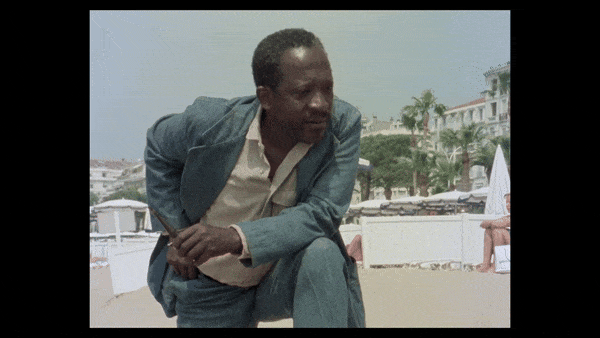
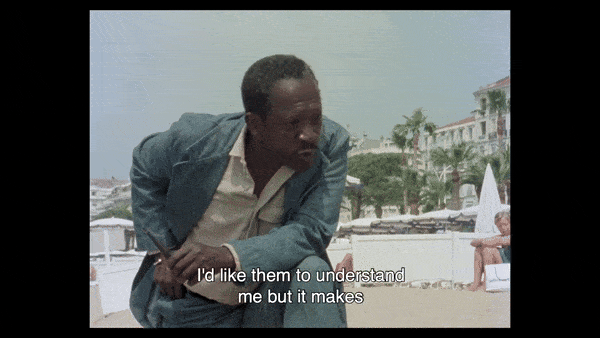
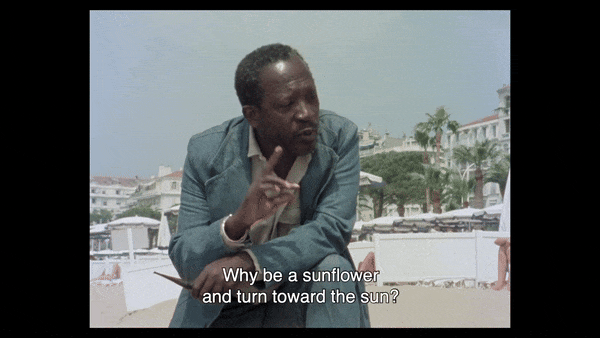
Ousmane Sembène, Caméra d'Afrique (African Cinema: Filming Against All Odds)
#quote#Ousmane Sembène#Ousmane Sembene#Sembène#Sembene#Africa#cinema#film#movies#Europe#colonialism#language#African cinema#Sembene Ousmane#Sembène Ousmane#sun#Senegal#film director
2K notes
·
View notes
Text

Senegalese Miku based off of that Brazilian Miku trend \o/🇸🇳🇸🇳🇸🇳
#hatsune miku#miku#vocaloid miku#vocaloid#brazilian miku#senegalese miku#senegal#fanart#my art#digital art#2024
872 notes
·
View notes
Text

a 1988 Senegalese stamp from a series on mollusks
[ID: a postage stamp with an illustration of a grove snail. end ID]
419 notes
·
View notes
Text
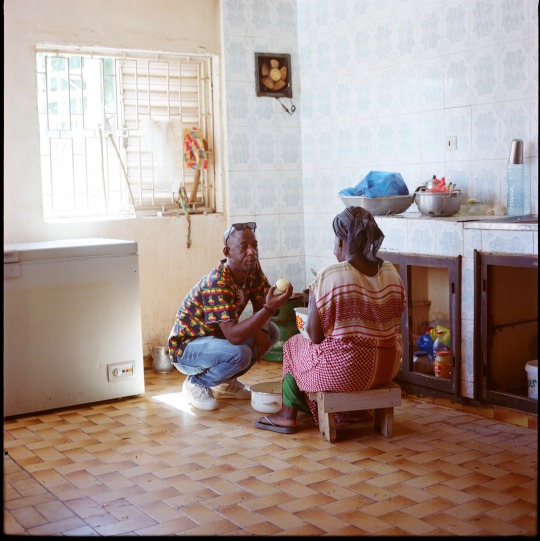
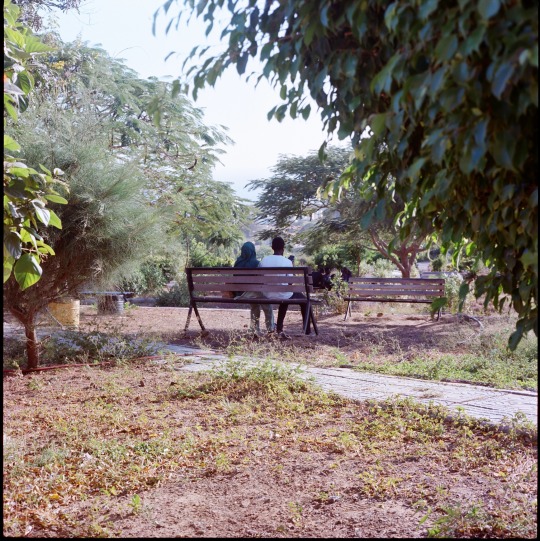
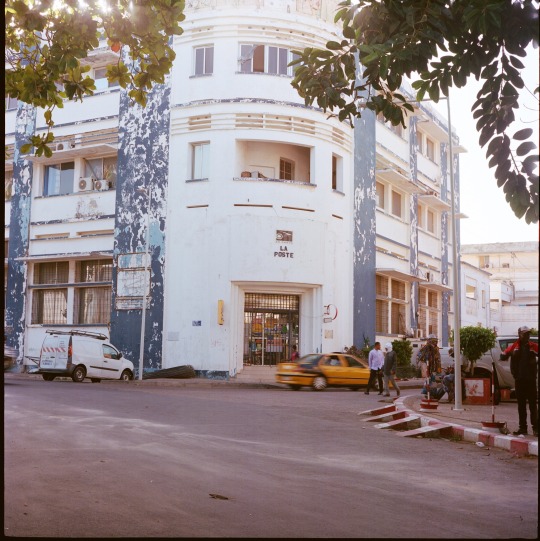

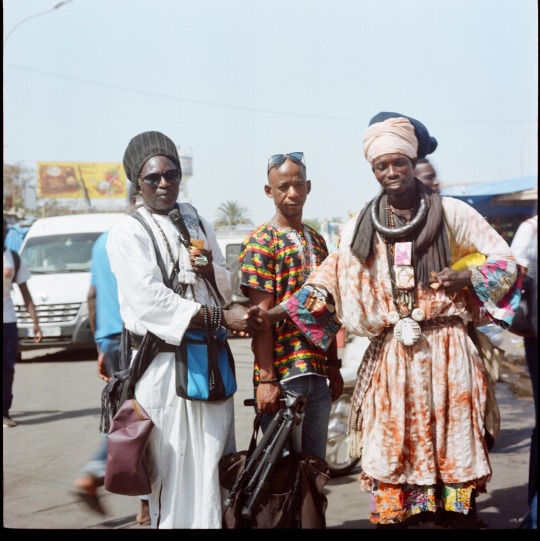
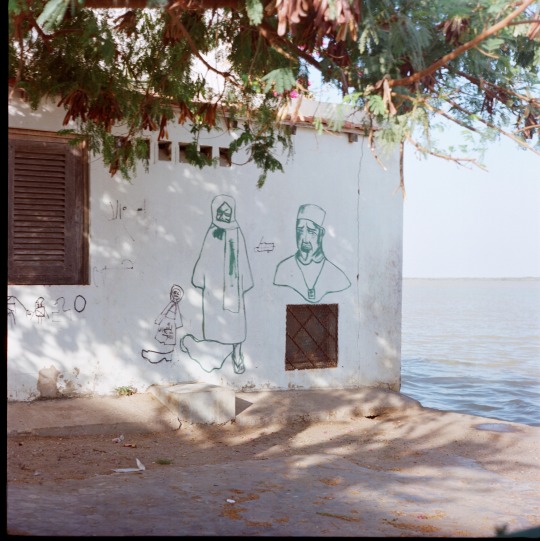
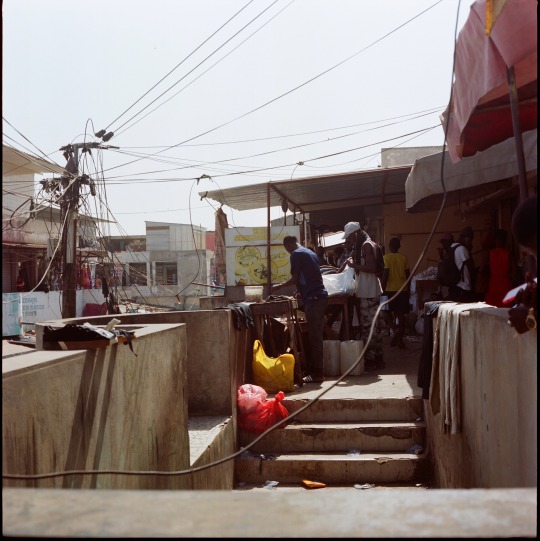



Seen in Dakar, Senegal by Mohamadou Sow
1K notes
·
View notes
Text

151 notes
·
View notes
Text
Burkina Faso's Bold Move To Pay Off Debt
In 2024, Burkina Faso made a major stride in its pursuit of financial independence by repaying 3,000 billion FCFA (around $4.79 billion) of its domestic debt. While this marks a significant achievement for the country, it doesn't erase all of its financial obligations. As of the end of 2023, Burkina Faso's public debt was 55.6% of GDP, with expectations to rise to 57.2% in 2024.
Despite still holding over $1.99 billion in outstanding bonds, President Traore is pushing for greater economic sovereignty. By rejecting financial assistance from the IMF, Burkina Faso is taking bold steps towards reducing its reliance on external creditors, prioritizing self-reliance over foreign intervention.
This development underscores the ongoing challenges and aspirations for economic independence in Africa.
What did you guys think? Let us know in the comments.
Follow @authentic_african for daily posts on African News, History, and Pop Culture
#ibrahim traoré#burkina faso#freedom#black people#african people#blacklivesmatter#black lives matter#africa#afrika#colonialism#anti colonization#colonial history#fuck colonizers#racial injustice#end white supremacy#niger#senegal
263 notes
·
View notes
Text

Signare woman, Ndeye Diop Guissé, Senegal, by AFP
#signare#senegal#africa#folk clothing#traditional clothing#traditional fashion#cultural clothing#western africa
2K notes
·
View notes
Text
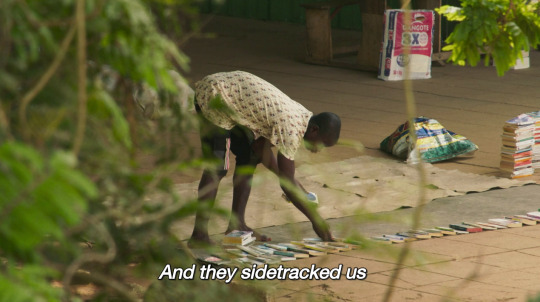
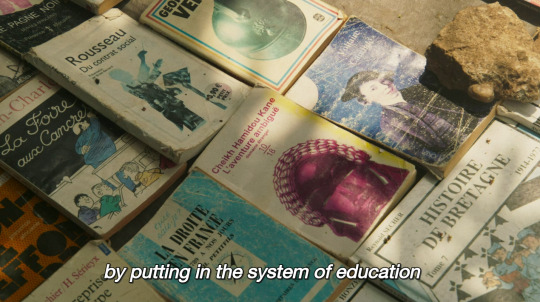



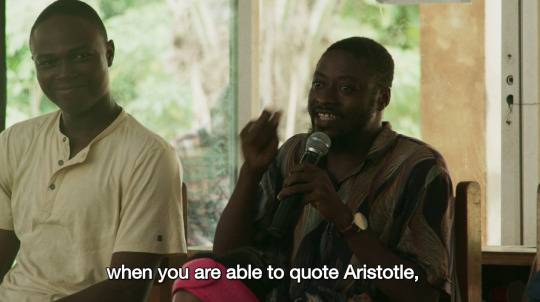
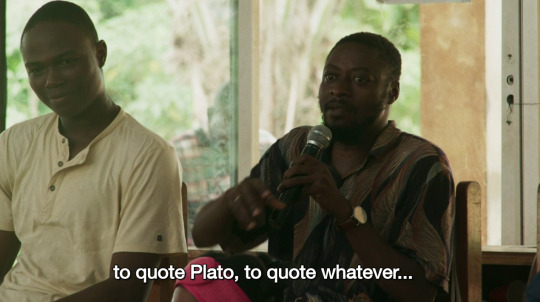
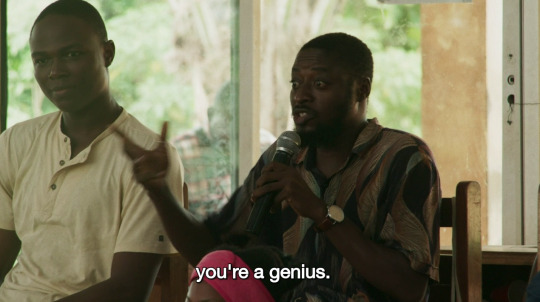
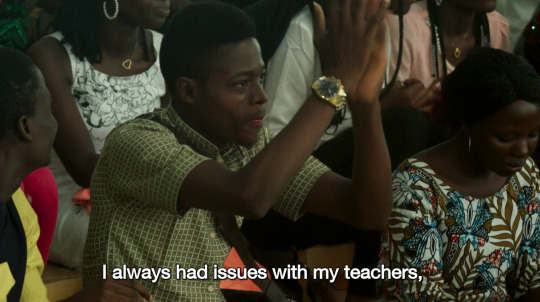
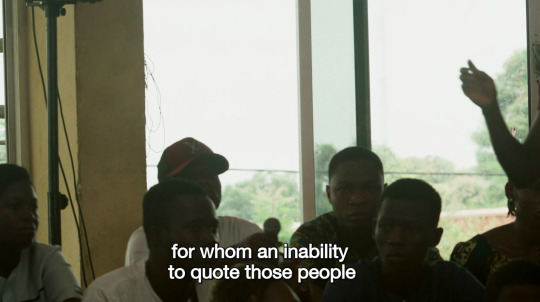
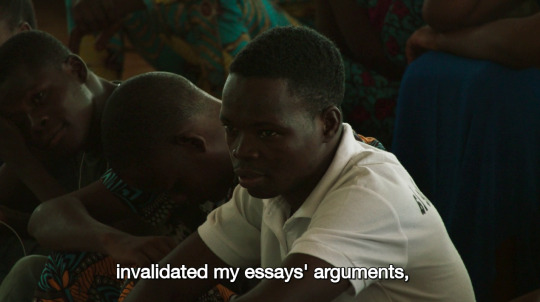
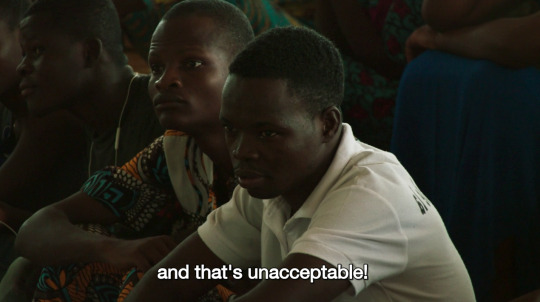
Dahomey (2024) 🇧🇯🇸🇳 a documentary by Mati Diop
#dahomey 2024#mati diop#screencaps#dailyworldcinema#documentary#cinemaspam#albertserra#senegal#benin#dahomey
626 notes
·
View notes
Text
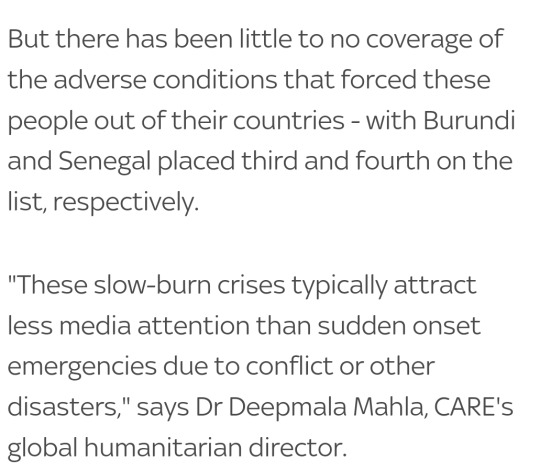

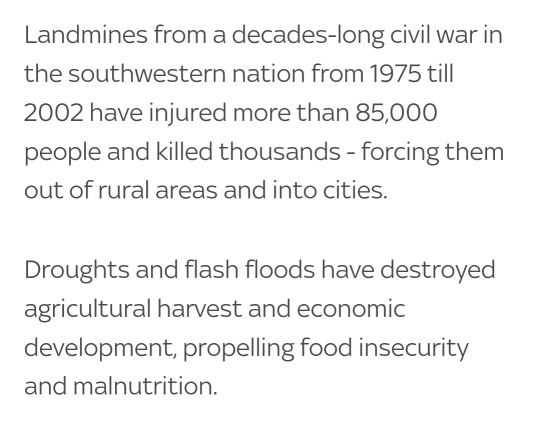

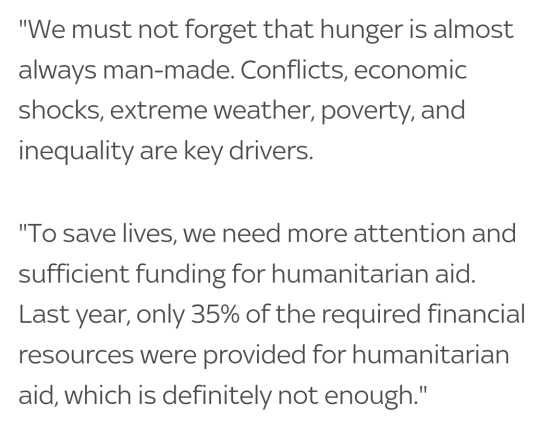
973 notes
·
View notes
Text
Aminata (@iyeketi) at Villa Aram in Ngaparou, Senegal
519 notes
·
View notes